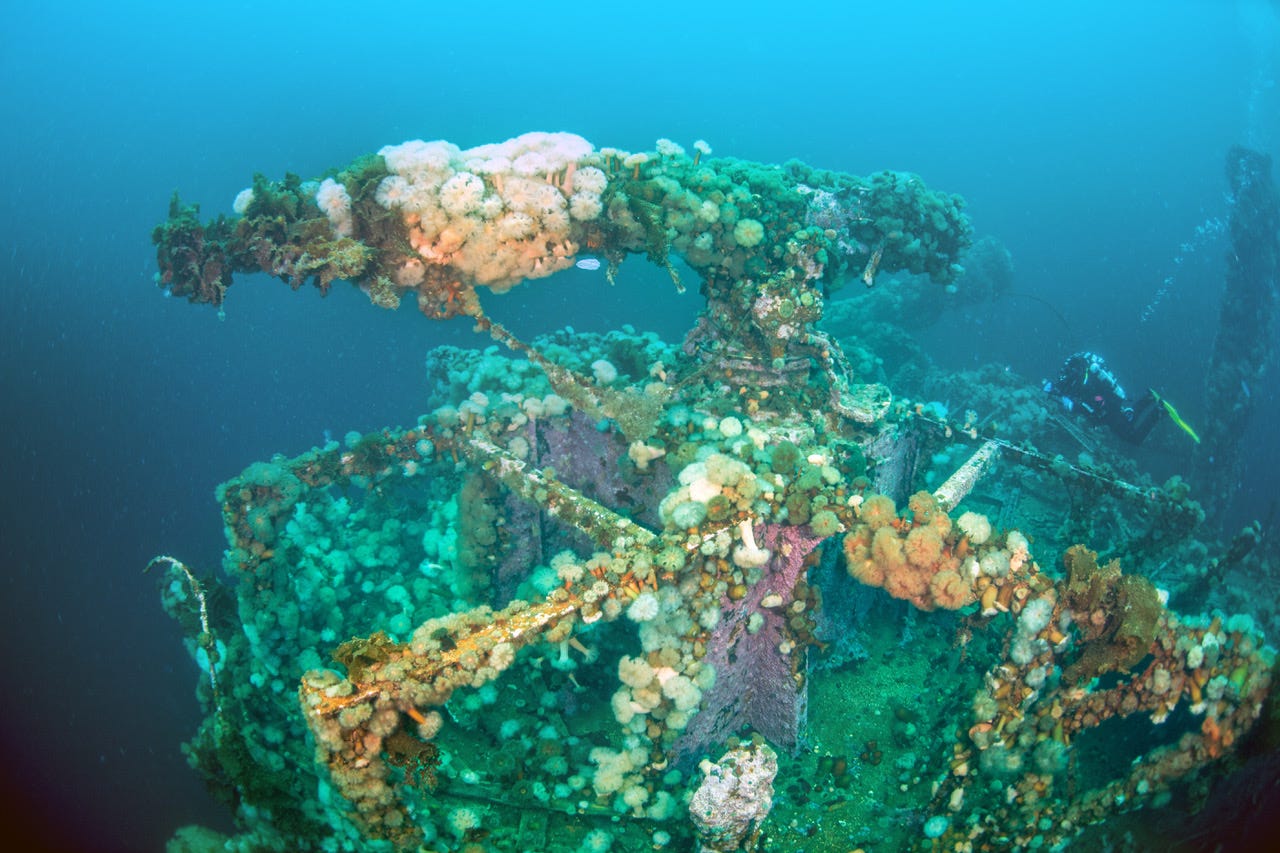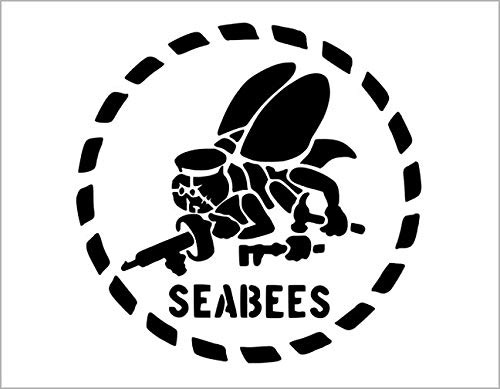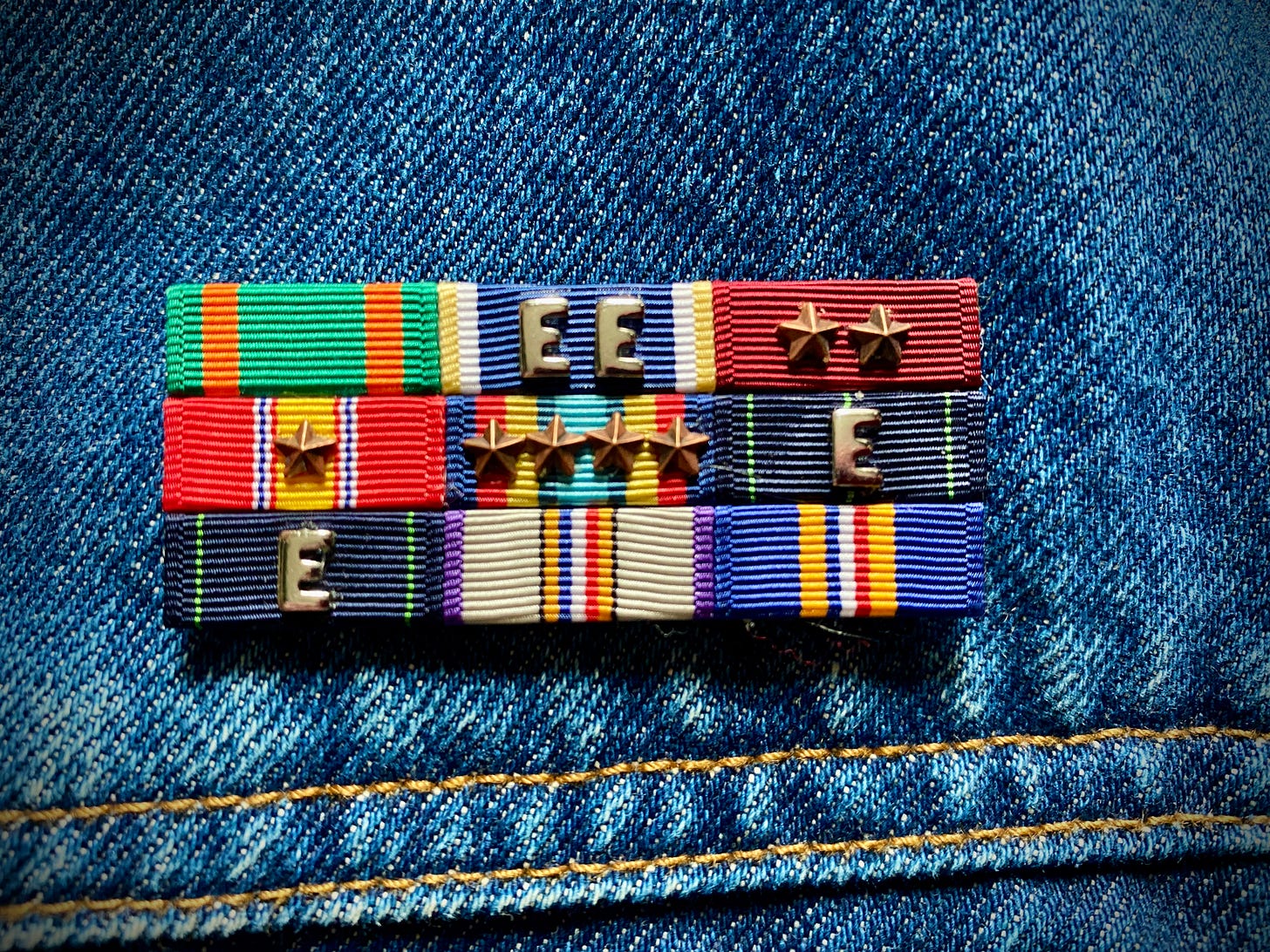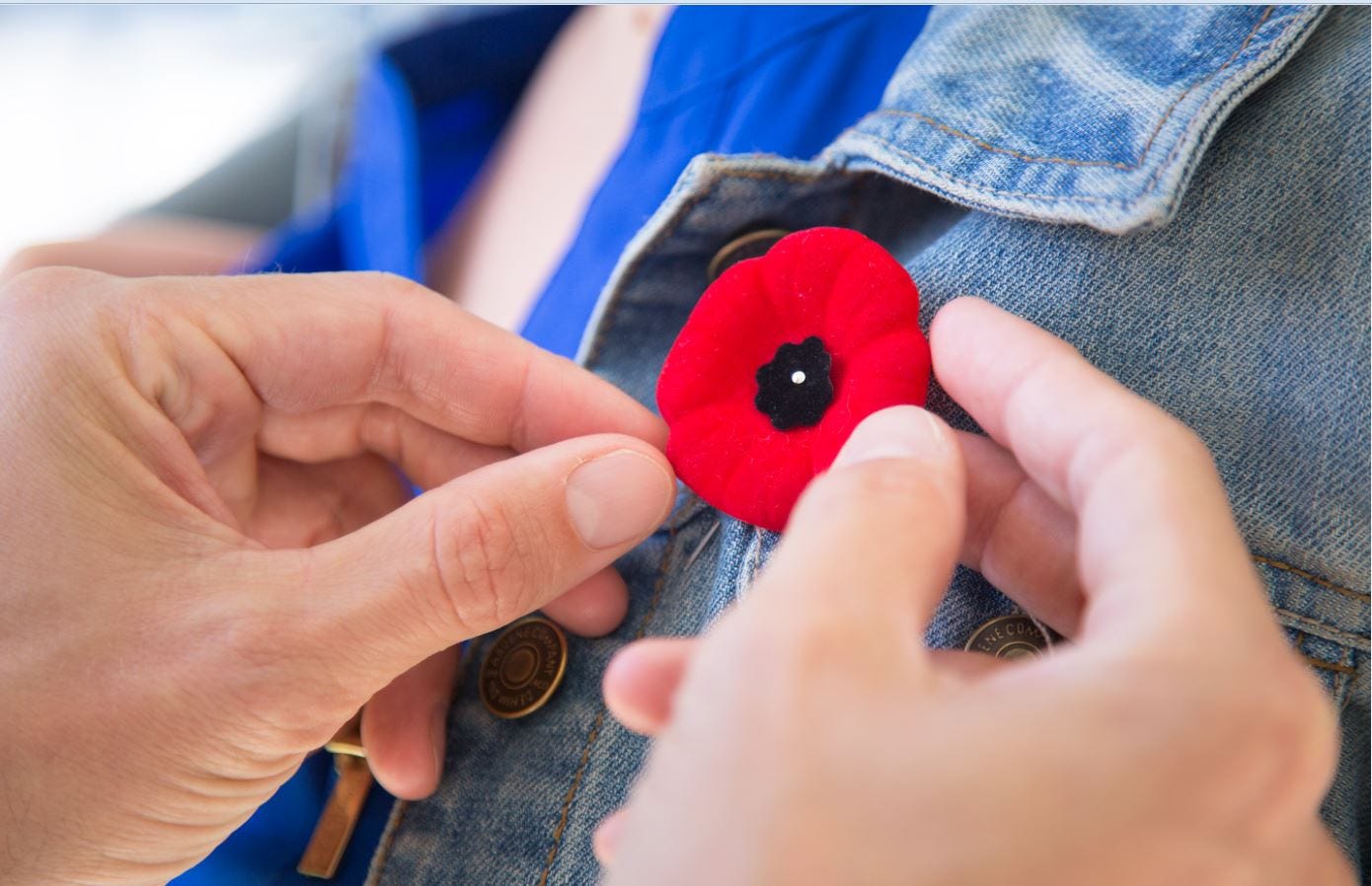Every year, November 11 comes quietly, stirring memories of sacrifice. For most of us, it's a day marked by silence and red poppies, those delicate little blooms meant to remind us of war, peace, and what men and women gave up in terrible battles. I often reflect upon the service of my grandfathers in the Great Wars. My paternal grandfather kept a visually rich sketch diary in WW1, depicting his awakening to a world in conflict. And for a long time, for most people, that's all Remembrance Day was—a day to reflect on the past. But this year, and perhaps more than ever, Remembrance Day has to be something else: a warning
My grandfather’s sketches of life in France during World War I
We stand at a strange crossroads in history. Countries worldwide are shifting, leaning toward power concentrated in a few hands. In this climate, the memory of those who once defended our liberties—so many of whom faced down precisely this kind of tyrannical drift—feels more fragile. Remembrance Day is a reminder of what happens when one person or group decides their voice is the only voice, their power the only power.
I have seen the evidence of conflict from shipwrecks in Chuuk, Micronesia, to tanks in Croatia and vessels sunk by U-boats off Newfoundland. In almost every region worldwide, one can easily visit the hulks of equipment left behind when soldiers retreat.
WW II deck gun covered in beautiful Anemones. Bell Island, Newfoundland
Maybe it's strange to think of soldiers and sailors who fought nearly a hundred years ago as champions of freedom for us today, but history has a way of reaching its hands into the present. The values they fought for still bind us, as fragile as they may seem. And in a world where division and authoritarianism seek to creep into our lives, these memories act as a shield. They help us remember that power can be challenged and that peace has a price.
As we stand, heads bowed in the coming weeks, let's remember the fallen and why they fell. Remembrance Day is about the cost of losing our freedoms and the strength needed to hold onto them. The lives lost in war were lost because people believed in something larger than themselves—a world in which no one person's will dominated another's, a world where the human spirit could breathe freely.
WWII shipwreck - Newfoundland
So when you pin a red poppy over your heart or when you go out to cast a vote, remember what it means. It is more than a remembrance. It's a promise to guard against whatever would darken our days, to protect our peace and the freedoms that still give us breath.
From Robert -
I’m not one to lead conversations with my military veteran’s status. I joined the Legion to give financial support, but never stepped inside the post. My service was a long time ago at a different crossroad in my life - and in the life of the United States. I served in the US Navy with the SeaBees and in the US Army Reserve as a tank battalion field medic. For the four generations for which I have records, McClellan’s have served in the military. None of us have been particularly heroic; we simply did our duty. Although my grandfather, for whom I am his namesake, escaped a German prisoner camp and made his way through the dense forest of the Argonne to alert a friendly patrol - using his bugle. I guess that’s kind of heroic. I am endowed with neither his bravery nor musical talent.
“Seabees - We build, we fight!”
Every November 11, I attend a local Remembrance day ceremony. I pin my military ribbons to my denim “Canadian Tuxedo” and stand among our town’s veterans, family, and friends. I usually get choked up when the bugler blows “Taps.” Then, when it is over, I place my medals and decorations back in a small cardboard box under my bed, until next year. If you served in the past, or are currently in your country’s military, I salute and thank you. Stay safe and know you are appreciated and loved.
Yes, those are 5 Sea Service deployment stars on that ribbon - I was rarely home as a “Bee.”
In Flanders Fields
BY JOHN MCCRAE
In Flanders fields the poppies blow
Between the crosses, row on row,
That mark our place; and in the sky
The larks, still bravely singing, fly
Scarce heard amid the guns below.
We are the Dead. Short days ago
We lived, felt dawn, saw sunset glow,
Loved and were loved, and now we lie,
In Flanders fields.
Take up our quarrel with the foe:
To you from failing hands we throw
The torch; be yours to hold it high.
If ye break faith with us who die
We shall not sleep, though poppies grow
In Flanders fields.
Master Chief Navy Diver Carl Brashear - first African American diver in the US Navy. You may have seen his life story portrayed in the Hollywood movie “Men of Honor.”










Beautifully put. You are both a credit to your countries and the service that you've given them.
Thank you for your service Robert! Many of our fathers and grandfathers have served. My Scottish merchant marine Chief Engineer sailed the world throughout WW I and luckily was never torpedoed! I used to sit on his lap looking at all the B/W photos he took around the world! My Scottish born father was an RCAF Spitfire pilot, like his older brother Jim 'Snooker' Preston. It seems that human memories and learning from the past are so short-term! We can hope for peace but freedom and peace must be defended, as sadly, this seems to be the human condition throughout history. Lest We Forget! We will remember them!